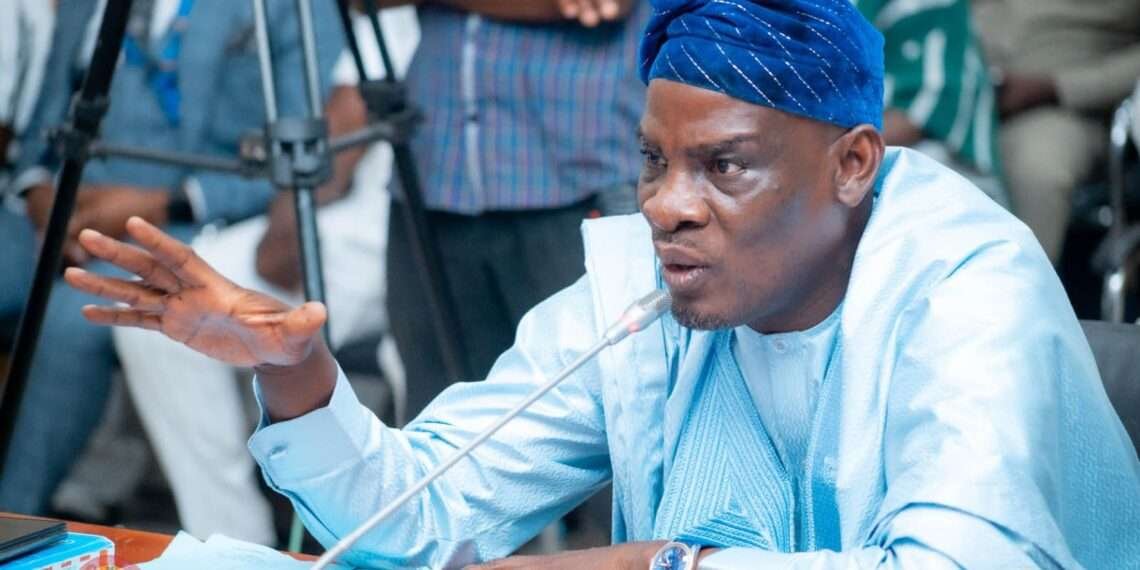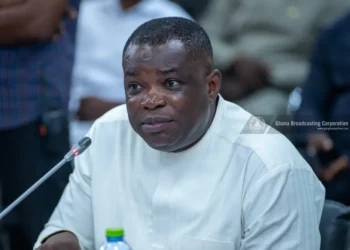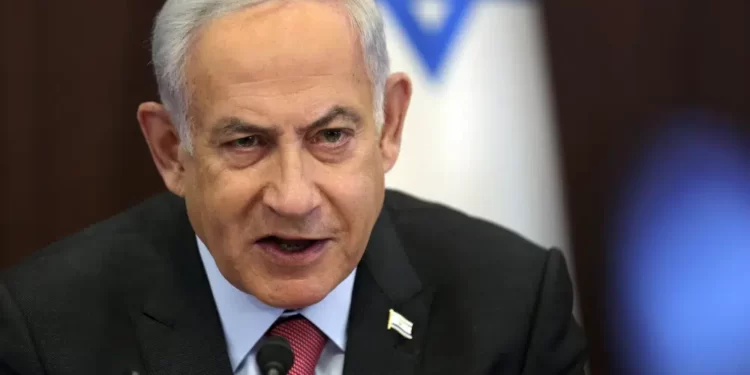The Educate Africa Institute (EAI), a leading education-focused organization, has called on the government to redirect its attention toward strengthening basic education in Ghana.
The group, in a statement, acknowledged the country’s current economic constraints and suggested that the government temporarily halt the payment of free academic fees for Level 100 students in tertiary institutions and instead channel those resources into addressing the pressing challenges in basic education.
“Basic education forms the cornerstone of any robust education system. It is at this stage that children develop foundational skills in literacy, numeracy, and critical thinking, which are essential for success at higher levels of education and in life.
“Unfortunately, Ghana’s basic education system faces numerous challenges, including poor infrastructure, inadequate teaching materials, overcrowded classrooms, and underpaid teachers”.
William Boadi, Executive Director of Educate Africa Institute (EAI)
EAI believes that without a strong foundation at the basic level, subsequent levels of education will continue to suffer. This reality, the education-focused organization argued necessitates urgent government intervention to improve the quality and accessibility of basic education across the country.
Ghana is currently facing significant economic challenges, including high inflation, a rising debt burden, and limited fiscal space. According to the group, in such circumstances, the government must prioritize spending on areas that will yield the greatest long-term benefits.
EAI argued that while supporting tertiary students is important, the resources used to pay free academic fees for Level 100 students could be better utilized in addressing the deficiencies in basic education.
“Investing in basic education is not just a moral imperative; it is an economic necessity. A strong basic education system ensures that children acquire the skills needed to succeed at higher levels, reducing dropout rates and enhancing the overall quality of education”.
William Boadi, Executive Director of Educate Africa Institute (EAI)
Challenges in Basic Education
The Educate Africa Institute (EAI) went ahead to enumerate some of the critical challenges facing the country’s basic education. It pointed out that the past NPP government focused primarily on the Free SHS policy and neglected basic education.

Expressing deep concerns over the declining state of the country’s basic education, the Educate Africa Institute, disclosed that many schools lack adequate classrooms, forcing students to learn under trees or in overcrowded spaces.
“Essential teaching materials such as textbooks and exercise books are often in short supply, and teachers, who play a pivotal role in education, continue to face poor working conditions and low morale.”
William Boadi, Executive Director of Educate Africa Institute (EAI)
EAI noted that these challenges disproportionately affect children in rural and underserved communities, perpetuating inequality and limiting opportunities for upward social mobility.
The Case Against Free Level 100 Fees
While the government’s decision to pay academic fees for first-year tertiary students is commendable, EAI believes it is a policy that the country cannot afford at this time.
According to the group, the initiative would only benefit a relatively small portion of the population, many of whom have already received some level of quality education and are likely to come from households with relatively higher incomes.
Given the above, the group emphasized that redirecting these funds to basic education would have a broader impact, ensuring that all children, regardless of their socio-economic background, have access to quality education from the start.
To address these concerns, EAI made several recommendations to the government, including an urgent call on the new administration to prioritize basic education funding by allocating more resources to improve infrastructure, provide teaching and learning materials, and enhance teacher welfare at the basic education level.
Again, the group called for a temporary suspension of the new administration’s flagship Free Level 100 Fees and redirect funds from the policy to address critical gaps in basic education.
It also called for an investment in professional development programs and the provision of better incentives to attract and retain qualified teachers.
Finally, the group urged the government to offer special attention to rural and underserved areas to ensure that all children have equal access to quality education.
“We, the Educate Africa Institute, firmly believe that the future of Ghana depends on the strength of its education system. By prioritizing basic education, the government can lay a solid foundation for sustainable national development and ensure that every child has an equal opportunity to succeed”.
William Boadi, Executive Director of Educate Africa Institute (EAI)
While the goal of making tertiary education accessible is admirable, EAI insisted it must not come at the expense of the foundational levels of education.
According to the group, in these economically challenging times, the government must make tough but necessary decisions to secure the future of Ghanaian children.
It expressed its commitment to advocating for policies that promote equitable and quality education for all and stands ready to support the government in implementing these critical reforms.
READ ALSO: GSE Composite Index Posts 3.46% YTD Gain Amid Rising Market Activity




















